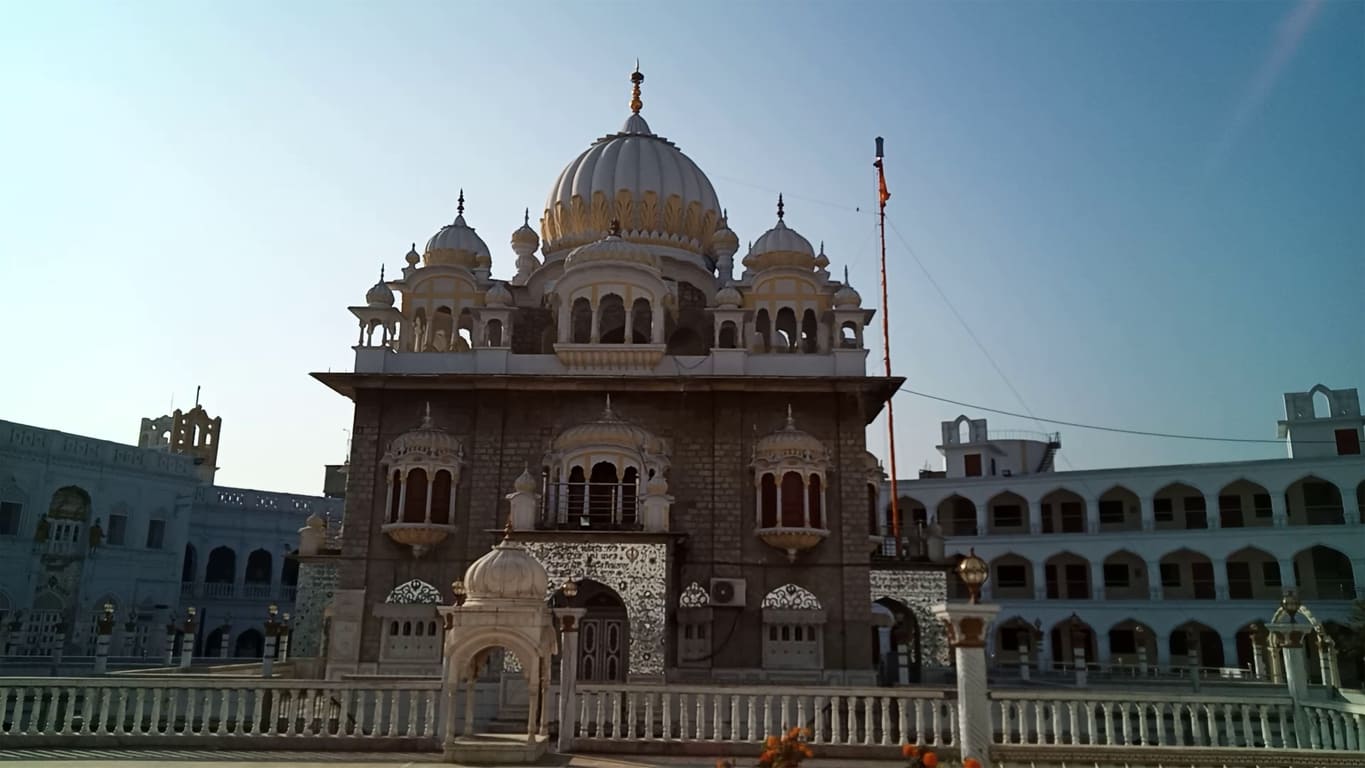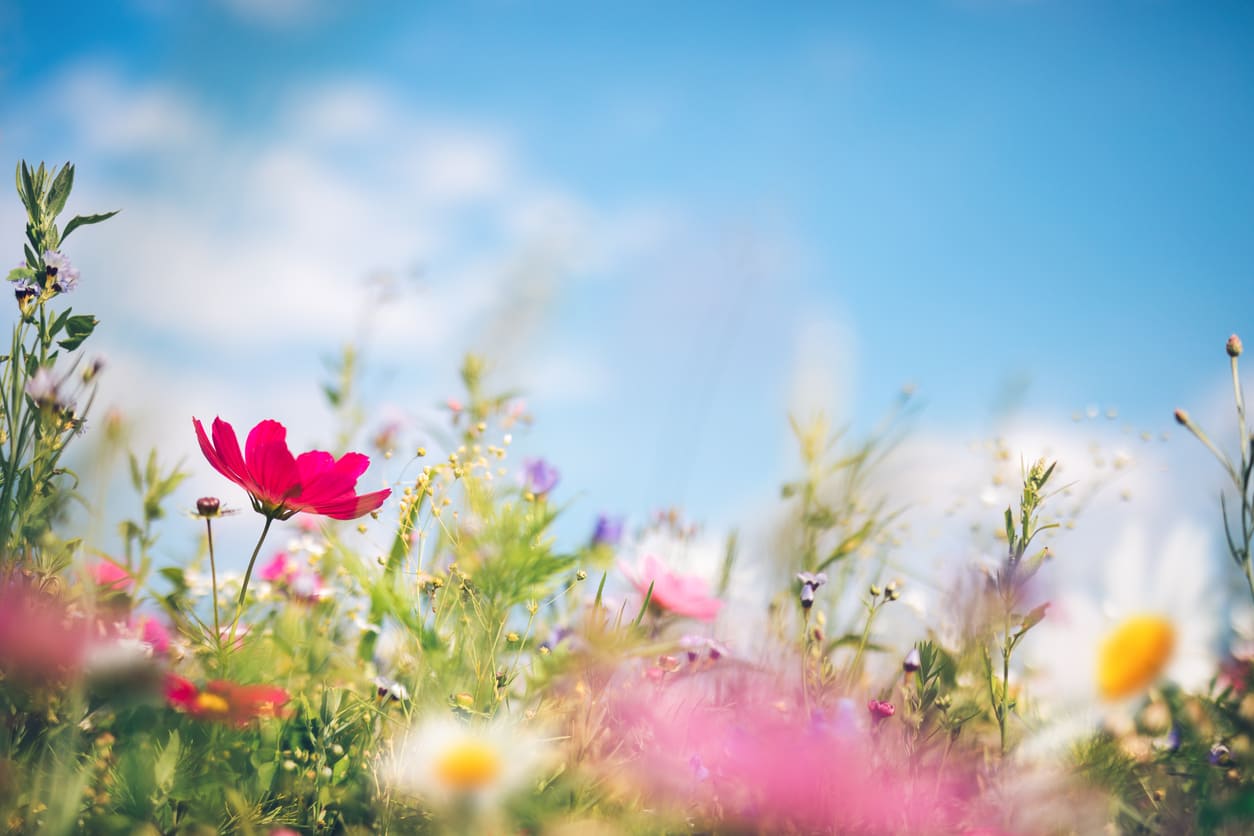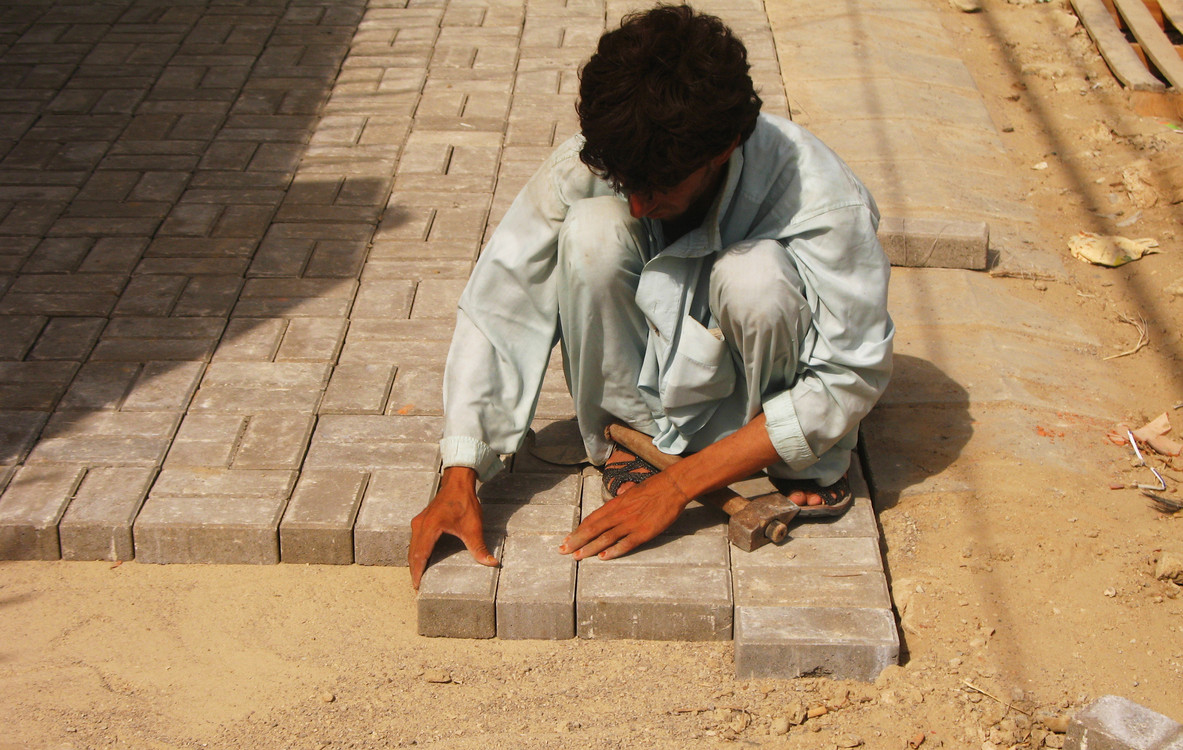Dates of Baisakhi in Pakistan
| 2025 | Apr 14 |
| 2024 | Apr 13 |
Pakistan Holiday Calendars
Baisakhi, also known as Vaisakhi, is a vibrant harvest festival celebrated in Punjab, marking the start of the harvest season. It holds great significance for Sikhs as it commemorates the formation of the Khalsa in 1699 by Guru Gobind Singh. The day is observed with prayers, processions, and joyful gatherings.
Baisakhi: A Public Holiday?
Baisakhi is an optional holiday in Pakistan specifically for the Sikh community. Employment and holiday laws allow employees to select a limited number of optional holidays, including Baisakhi. While some Sikh individuals may take the day off to visit gurdwaras, participate in religious ceremonies, or celebrate the harvest festival, most offices, schools, and businesses remain open and operate as usual.

Baisakhi
Baisakhi, also known as Vaisakhi, is a significant festival celebrated by Sikhs and Punjabi farmers, marking the beginning of the harvest season. Its history dates back to 1699 when Guru Gobind Singh, the tenth Sikh Guru, established the Khalsa, a collective of devout Sikhs dedicated to upholding justice, equality, and spiritual purity. This event transformed Sikhism into a community with distinct identity and values. Over time, Baisakhi has become a dual celebration, symbolizing both religious devotion and agricultural prosperity.
Observance of Baisakhi in Pakistan
In Pakistan, Baisakhi is primarily observed by the Sikh community, particularly in Punjab, where it holds both cultural and spiritual importance. The day begins with prayers and hymns at gurdwaras, the central places of worship for Sikhs. Among the most prominent celebrations are those held at historic gurdwaras, such as Gurdwara Panja Sahib in Hasan Abdal and Gurdwara Janam Asthan in Nankana Sahib. Pilgrims and devotees gather to pray, listen to kirtan (religious hymns), and reflect on the teachings of Sikhism. The atmosphere is filled with a sense of devotion and gratitude as people celebrate their faith and heritage.
For many, Baisakhi is also a time for joy and community bonding. Festive processions, known as Nagar Kirtans, are sometimes organized, featuring displays of traditional music, martial arts, and colorful decorations. Families and friends come together for meals and social gatherings, sharing their happiness and celebrating the bounty of the harvest season.
The importance of Baisakhi lies in its message of unity, faith, and gratitude. For the Sikh community in Pakistan, it is a time to honor their spiritual heritage and reaffirm their commitment to the values of equality and service. It also fosters cultural exchange and mutual respect as the wider community recognizes and appreciates the festival. Despite being a minority, Sikhs in Pakistan celebrate Baisakhi with enthusiasm, showcasing their resilience and dedication to preserving their traditions. The festival stands as a symbol of hope, faith, and abundance, bringing communities together in celebration of shared values and prosperity.
Baisakhi Observances
| Year | Date | Weekday | Name | Holiday Type |
|---|---|---|---|---|
| 2024 | Apr 13 | Sat | Baisakhi | Optional Holiday |
| 2025 | Apr 14 | Mon | Baisakhi | Optional Holiday |



